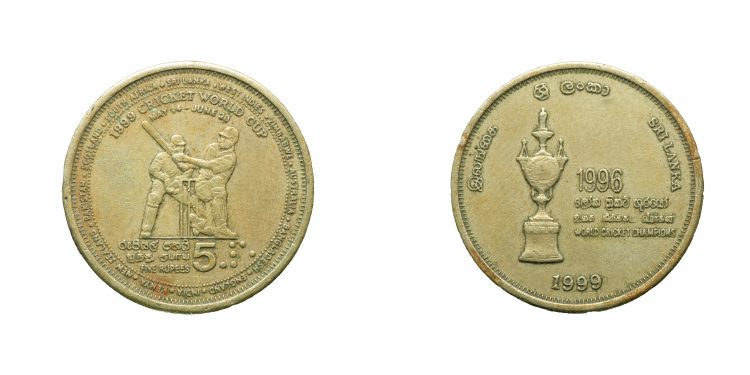The Chairman of the England and Wales Cricket Board (ECB), Richard Thompson, has expressed that Saudi Arabia is more inclined towards investing in existing cricket franchises like The Hundred or the Indian Premier League (IPL), rather than launching a domestic Twenty20 league of its own. As the Gulf state seeks to expand its involvement in cricket, it has shown interest in the IPL and has been in discussions to host a new T20 competition.
However, recent regulations from the International Cricket Council (ICC), which limit domestic cricket events to four international players per team and demand considerable compensation for the players’ primary clubs, have curtailed Saudi Arabia’s ambitions to initiate its own league. These measures aim to protect the cricket industry in established countries and are deemed crucial for nurturing the sport at the grassroots level.
Thompson remarked on the challenges that Saudi Arabia faces in creating their leagues due to restrictions on player allocation. He believes that the kingdom is more likely to strike a deal with the IPL to host matches in Saudi Arabia, following its strategy of bringing established sports events to the country rather than starting from scratch. Despite the challenges, Saudi Arabia’s significant financial resources could facilitate the development of the necessary infrastructure for hosting such events.
The ECB currently holds ownership of all eight teams in The Hundred, but plans are underway to transition ownership to host clubs next year, opening opportunities for investment. IPL franchises are already eyeing stakes, with the Delhi Capitals reportedly nearing a deal to acquire a significant portion of Hampshire County Cricket Club. The Hundred may also expand, with the potential addition of two more teams by the 2028 broadcast cycle.
Thompson has emphasized the importance of controlling the schedule and integrity of domestic competitions, such as The Hundred, especially in light of new leagues like Major League Cricket that overlap with The Hundred’s schedule. He notes the cricket calendar is nearing a saturation point with domestic franchise cricket and questions the feasibility of finding a suitable window for a new Saudi league amid the packed international schedule.
In parallel, The Hundred is seeing increased investment in women’s cricket. The top female players will now receive UK£50,000, a significant rise from last year, thanks to an additional UK£100,000 allocated to each team. This increase brings the total wage budget for each team to about UK£350,000. Despite this progress, there is still a call for equal pay by 2025, a goal the ECB has yet to commit to, with women’s salaries still trailing those in the Women’s Premier League (WPL) in India.
The ECB’s additional investment of UK£800,000 could attract top-tier women’s players to The Hundred, after the tournament previously experienced notable player withdrawals. This financial boost reflects the ECB’s commitment to enhancing the stature and appeal of The Hundred across both genders.


